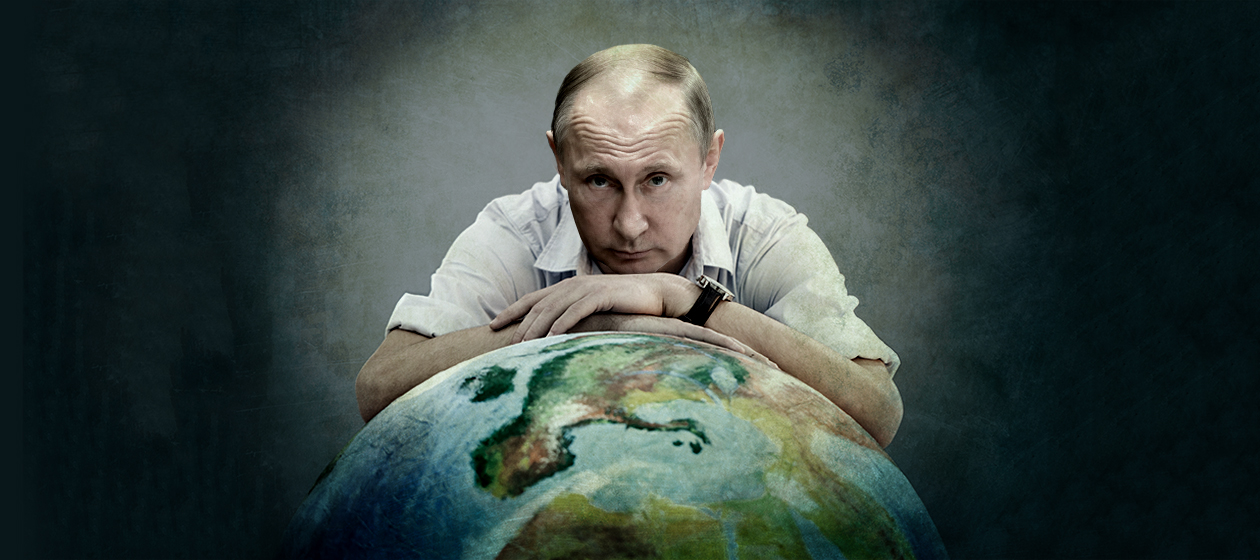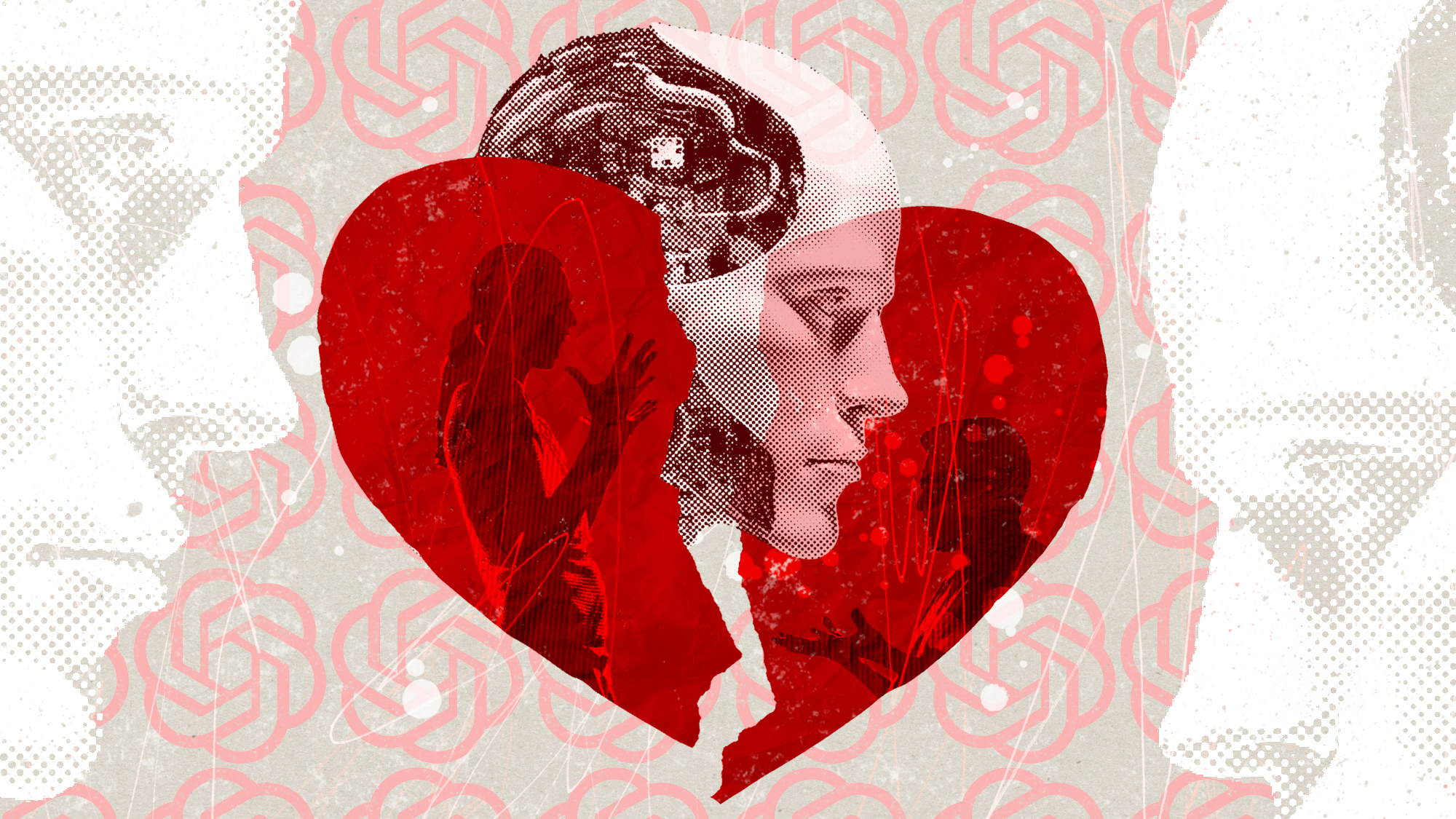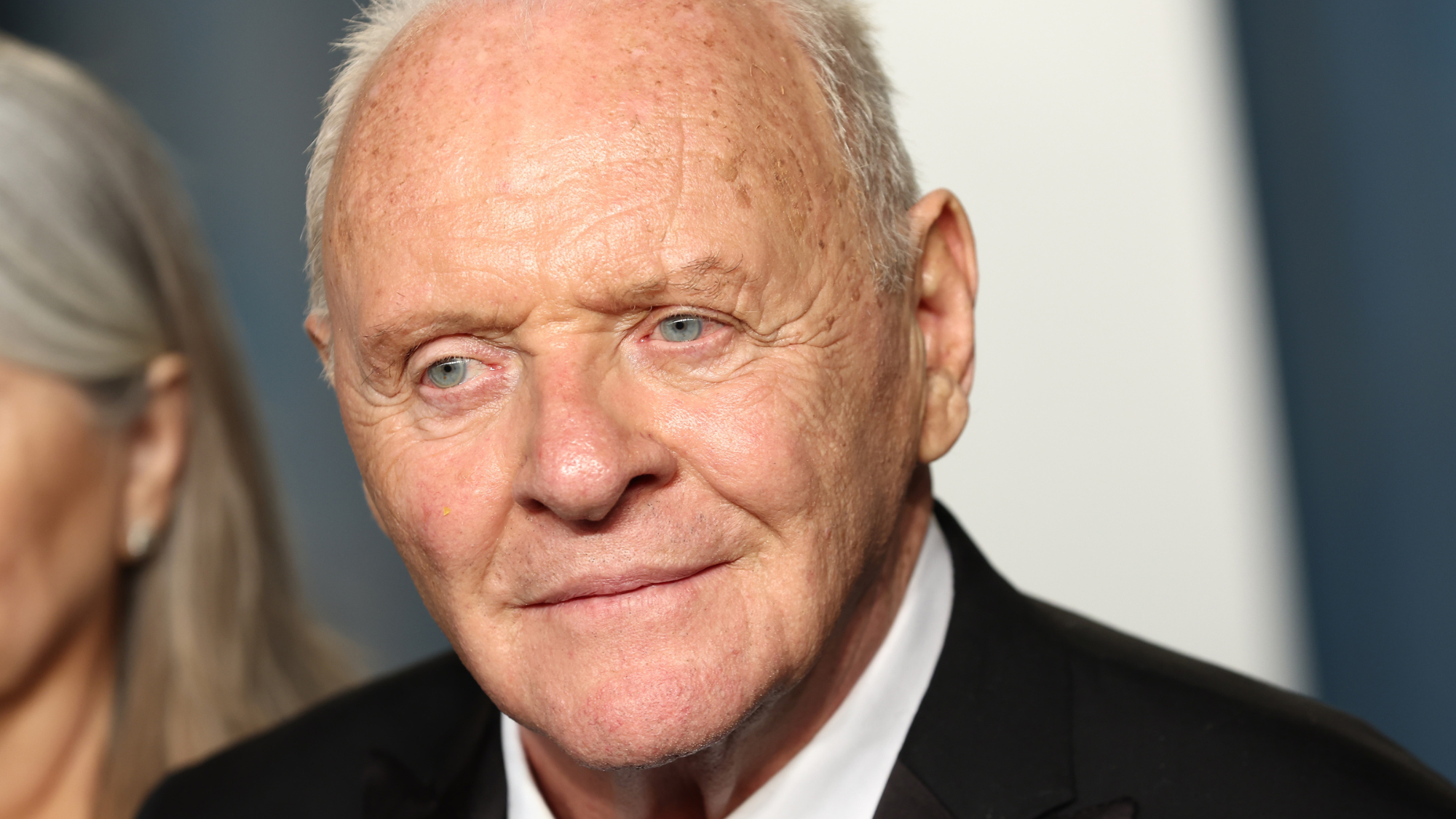Putin's world
Please don't forget that Vladimir Putin is a vicious authoritarian who imprisons and occasionally murders his opponents. America cannot turn the world over to him.


Why is President Trump so enamored with Vladimir Putin?
It's impossible to miss Trump's regular warm remarks about the Russian leader, and his weirdly deferential policy suggestions — like letting Russia back in the G-7. Clearly, either Trump simply likes Putin and his style of politics, or Putin has some kind of secret leverage on Trump, or both.
Whatever the reason, this is very bad for America and the world. Putin is a vicious authoritarian who is building an international reactionary movement, with considerable success. America must not be allowed to join such a project.
The Week
Escape your echo chamber. Get the facts behind the news, plus analysis from multiple perspectives.

Sign up for The Week's Free Newsletters
From our morning news briefing to a weekly Good News Newsletter, get the best of The Week delivered directly to your inbox.
From our morning news briefing to a weekly Good News Newsletter, get the best of The Week delivered directly to your inbox.
Despite Trump and Putin's protestations otherwise, Russia very obviously mucked up America's presidential election in 2016. (Whether the Trump campaign had any hand in this remains unproven, and an open question.) While Russia's 2016 influence is typically wildly overstated (the largest factor in Democrats' loss was definitely Hillary Clinton's severe unpopularity), it seems very probable that Russian meddling had a real, if smaller, effect.
On Friday, Deputy Attorney General Rod Rosenstein and Special Counsel Robert Mueller released an indictment of 12 Russian hackers apparently revealing that they attempted to hack Clinton's emails the very night in July 2016 after Trump publicly suggested they should. For anyone who believes in democracy, this ought to be a seriously troubling development.
But look beyond Russia's relatively minor U.S. election meddling. What's troubling about Trump's embrace of Putin isn't about what happened in 2016 — it's about what might happen in the future.
It is beyond question that Putin is an extraordinarily sinister figure. He has cored out Russia's democratic institutions and set himself up as a right-wing quasi-dictator, encouraging violent nationalism and various forms of bigotry (particularly homophobia) in Russia. One key mechanism of control is assaulting, imprisoning, and occasionally murdering his political opponents.
A free daily email with the biggest news stories of the day – and the best features from TheWeek.com
Moreover, as Ben Ross suggests, he is also setting himself up as a leader of an erstwhile international alliance of right-wing nationalists, racists, and plutocrats — a return of sorts of the Holy Alliance. He is close with the far-right Viktor Orban in Hungary, who has thrown many wrenches into European Union mechanisms on Putin's orders, as well as the right-wing butcher Rodrigo Duterte in the Philippines. China's President Xi Jinping — who also just finished removing all barriers to his personal power — recently awarded Putin the "Friendship Medal" in a lavish ceremony. The Chinese government is ostensibly communist, but as seen by its overseas investments and brutal treatment of its own working class, it is really just authoritarian. Putin and Xi are similar types of leaders, and hence have no trouble working together.
This isn't even to mention Putin's long history of backing Bashar al-Assad in Syria, plus his various entanglements with Hezbollah and Iran.
Now, the American-led Western alliance system has had its share of problems, to say the least. Often it has enabled terrible crimes or economic carnage. But it also underpinned a great deal of the world's recent peace and success — particularly in Western Europe, which used to be among the most blood-drenched places on Earth but has not had a war of any kind since 1945. And it was set up on a foundation dedicated to democracy and human rights — a commitment often honored in the breach, but also providing a crack for suffering peoples around the world to demand restitution, with occasional success.
It would be a great error to celebrate the dissolution of the Western alliance as some victory for human rights or oppressed peoples around the world. The most likely candidate to fill the power vacuum would be exactly this loose group of merciless authoritarians who will roll back much of what makes America and Europe good places to live, while exploiting the developing world at least as much as the West has done — and probably quite a bit more.
Last week, I argued that Trump's Republican Party has regressed to a pinched, hateful, America-first conception of international relations. I think that is still true of the conservative base — the overwhelming majority of whom probably could not even find the Philippines or Hungary on a map, let alone endorse entering into an alliance with those countries. But as shown by the twists and turns of sentiment among the Republican base (who now hate the FBI and the NFL), they are also quite obviously going to follow Trump no matter what he does.
The nuclear-armed Putin cannot and should not be beaten with military force, obviously. But where he is building an international alliance of reactionaries, he should be confronted with an international alliance of clear-thinking conservatives, moderates, liberals, social democrats, and socialists who can agree on a basic social structure of democracy, human rights, and civil liberties — thus saving and reconstructing the Western alliance to actually live up to its ideals at the same time. We simply can't take this lying down.
Ryan Cooper is a national correspondent at TheWeek.com. His work has appeared in the Washington Monthly, The New Republic, and the Washington Post.
-
 How AI chatbots are ending marriages
How AI chatbots are ending marriagesUnder The Radar When one partner forms an intimate bond with AI it can all end in tears
-
 Political cartoons for November 27
Political cartoons for November 27Cartoons Thursday's political cartoons include giving thanks, speaking American, and more
-
 We Did OK, Kid: Anthony Hopkins’ candid memoir is a ‘page-turner’
We Did OK, Kid: Anthony Hopkins’ candid memoir is a ‘page-turner’The Week Recommends The 87-year-old recounts his journey from ‘hopeless’ student to Oscar-winning actor
-
 Has Zohran Mamdani shown the Democrats how to win again?
Has Zohran Mamdani shown the Democrats how to win again?Today’s Big Question New York City mayoral election touted as victory for left-wing populists but moderate centrist wins elsewhere present more complex path for Democratic Party
-
 Millions turn out for anti-Trump ‘No Kings’ rallies
Millions turn out for anti-Trump ‘No Kings’ ralliesSpeed Read An estimated 7 million people participated, 2 million more than at the first ‘No Kings’ protest in June
-
 Ghislaine Maxwell: angling for a Trump pardon
Ghislaine Maxwell: angling for a Trump pardonTalking Point Convicted sex trafficker's testimony could shed new light on president's links to Jeffrey Epstein
-
 The last words and final moments of 40 presidents
The last words and final moments of 40 presidentsThe Explainer Some are eloquent quotes worthy of the holders of the highest office in the nation, and others... aren't
-
 The JFK files: the truth at last?
The JFK files: the truth at last?In The Spotlight More than 64,000 previously classified documents relating the 1963 assassination of John F. Kennedy have been released by the Trump administration
-
 'Seriously, not literally': how should the world take Donald Trump?
'Seriously, not literally': how should the world take Donald Trump?Today's big question White House rhetoric and reality look likely to become increasingly blurred
-
 Will Trump's 'madman' strategy pay off?
Will Trump's 'madman' strategy pay off?Today's Big Question Incoming US president likes to seem unpredictable but, this time round, world leaders could be wise to his playbook
-
 Democrats vs. Republicans: who are US billionaires backing?
Democrats vs. Republicans: who are US billionaires backing?The Explainer Younger tech titans join 'boys' club throwing money and support' behind President Trump, while older plutocrats quietly rebuke new administration
